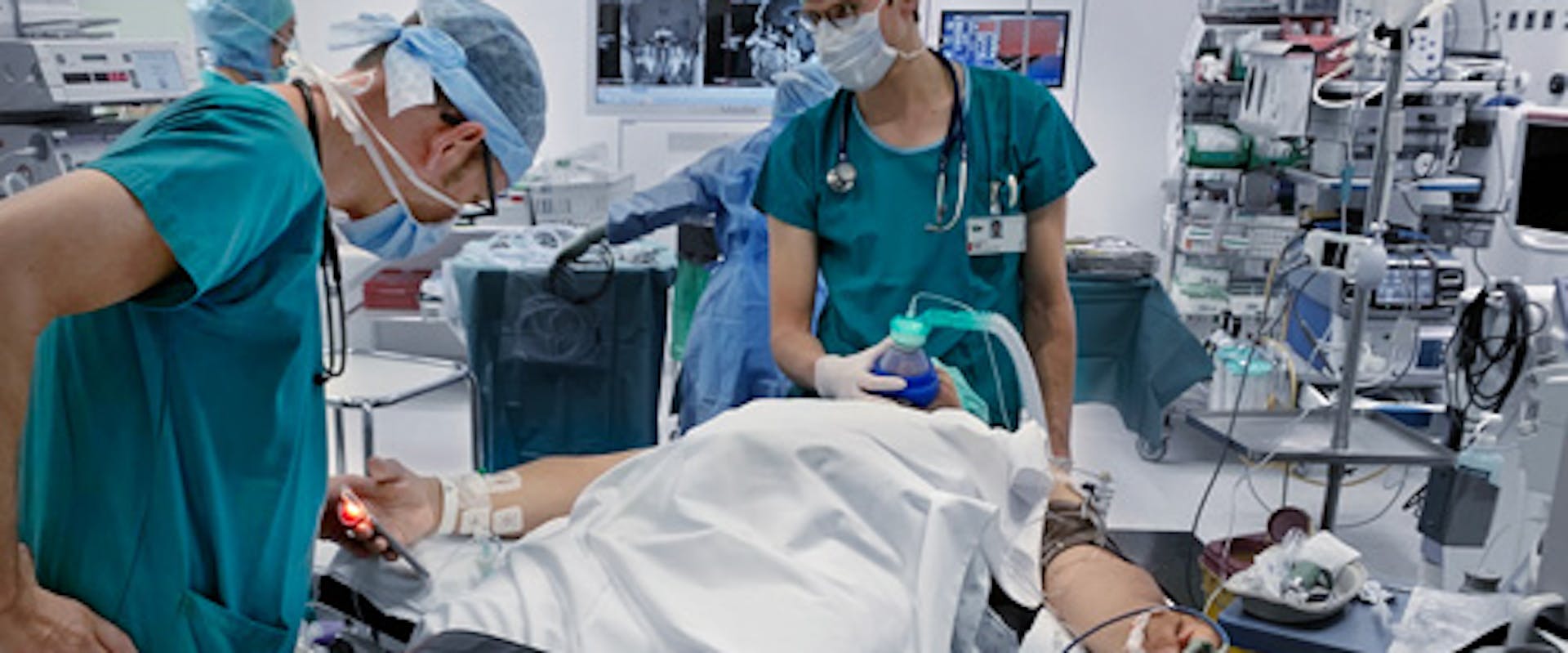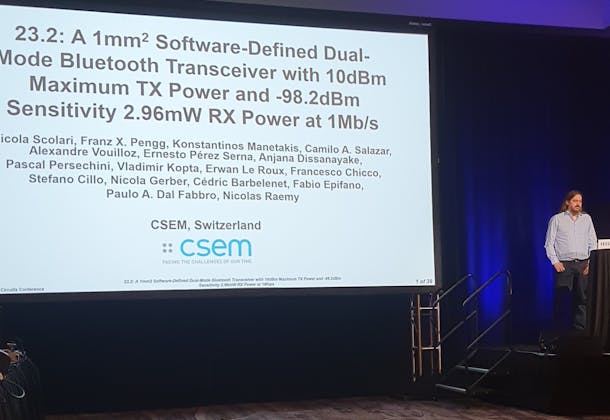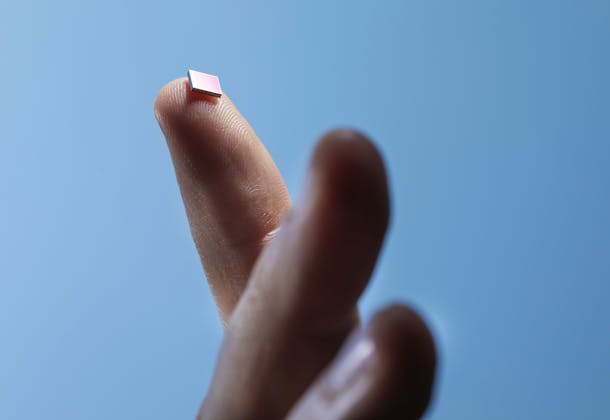Personalized medicine and reduced reliance on animal models
CSEM’s researchers will work on two parts of the project. The first area concerns OOC technology: a type of artificial organ (organoid) grown on an electronic chip that can be used in pharmaceutical testing. This technology reduces the need for animal trials while also providing a personalized medical approach. “It particularly benefits women, for whom certain treatments – primarily designed with men in mind – do not always match their biological specificities,” says Technology Coordinator Erika Györvary, Swiss country coordinator of Moore4Medical. Engineers at CSEM are developing smart lids to match multi-well plate platforms, like those produced by InSphero AG, to continuously assess the condition of artificial tissues grown on the plates.
The project also focuses on remote, secure, round-the-clock, post-hospital monitoring of patient’s vital signs. Several wearable sensors have been designed by members of the Moore4Medical consortium to help prevent systematic hospitalizations. These sensors can track a wearer’s physical/psychological health in the home environment and transmit this data to offsite medical professionals. CSEM, alongside Inpher Sàrl & 3db Access AG, is working on an innovative platform that will ensure end-to-end confidentiality and integrity of sensitive patient data along the entire data flow. The platform will go beyond available state-of-the-art security systems, using advanced technologies to give patients direct control over their data. It will provide secure data processing and be capable of deterring sophisticated attacks.
Dyconex AG will provide interconnect and encapsulation solutions for implantable devices developed as part of the project.
Moore4Medical aims to develop electronic systems in six areas of medicine: implants, organs-on-chips, drug adherence monitoring, smart ultrasound, radiation-free interventions, and the remote tracking of vital signs.
List of Swiss partners: Dyconex AG, Inpher Sàrl, InSphero AG, and 3dbAccess AG and CSEM.
The Moore4Medical project has received funding from the Electronic Components and Systems for European Leadership (ECSEL) Joint Undertaking in collaboration with the European Union’s Horizon 2020 research and innovation program under the Grant Agreement nº H2020-ECSEL-2019-IA-876190.




